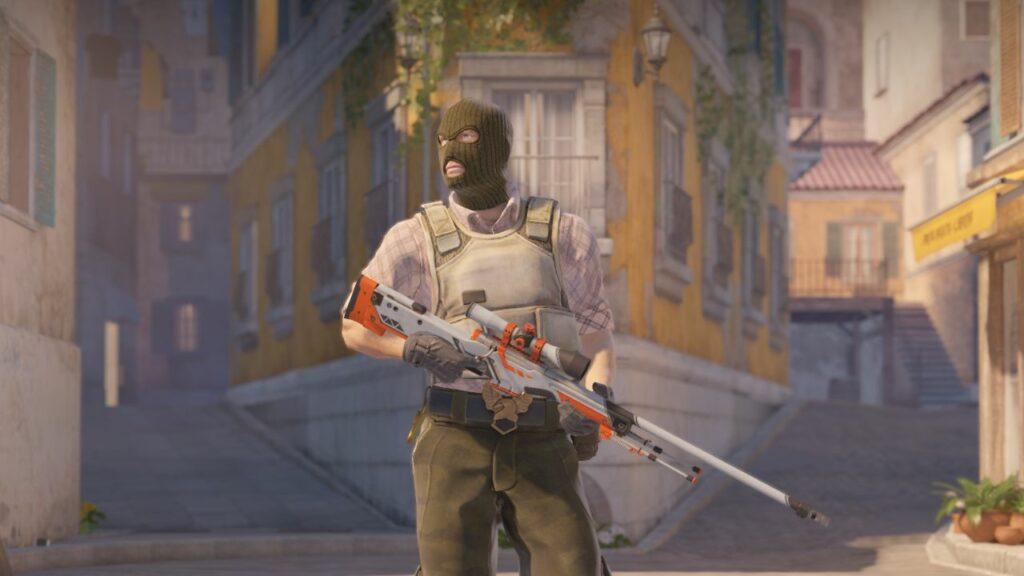
PhantomL0rd lawsuit reveals Twitch’s secret Strike Guide
Twitch has been criticized quite harshly over the years for doling out inconsistent bans to its streamers, but a recent lawsuit revealed that the streaming platform may have a Strike Guide that it follows when it comes to these decisions.
James “PhantomL0rd” Vargas won his lawsuit against Twitch on April 23. Twitch banned PhantomL0rd in 2016, and the trial’s jury eventually concluded the Amazon-owned company “breached its standard partner contract, acted in bad faith, and committed fraud” when it banned the streamer.
“After nearly five years, I am grateful that a jury of my peers finally held Twitch accountable for its improper tactics against me, including my suspension,” PhantomL0rd wrote.
While some were glad to see PhantomL0rd come out on top, it wasn’t the only interesting outcome of the lawsuit. In a TwitLonger, PhantomL0rd noted that Twitch had a Strike Guide. This is allegedly an “undisclosed list of rules violations.” The trial revealed the Strike Guide, he said, giving it the “scrutiny it deserved.”
My Official Public Statement about my Lawsuit Win vs Twitch
Read: https://t.co/7th0E6QYNw
— PhantomL0rd (@PhantomL0rd) April 28, 2021
What is Twitch’s Strike Guide?
This was a major revelation to a lot of people in the streaming community. Not only is there allegedly a Strike Guide that helps Twitch determine what counts as a rule break and what punishment those rule breaks entail, the trial jury apparently didn’t much agree with it.
“Twitch’s arbitrary and baseless punishment system was found to be improper. Regrettably, Twitch still does not comprehend how inappropriate its punishment system is and asked the court to place the secret ‘Strike Guide’ under seal,” PhantomL0rd said.
PhantomL0rd stated that Twitch’s actions would soon be further revealed and the platform would be forced to treat all streamers fairly. He said that Twitch should evaluate its “illegal punishment system.”
There will be a YouTube broadcast that will go into more details about the lawsuit and its information. Viewers will also be able to ask questions regarding the trial and its outcome.
Recommended

s1mple is offering lessons to help you get good at CS2
Have you dreamed of playing like s1mple?

Recent CS2 ban wave punishes cheaters during live games
Valve is banning players in bulks.

Players hopeful after Valve adds Overwatch to expose CS2 cheaters
Only “trusted” players will be Overwatch investigators.







